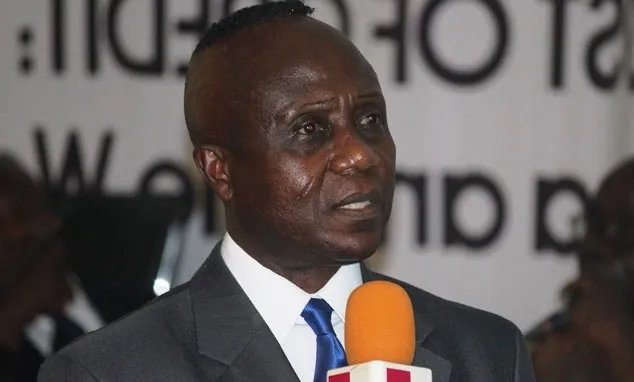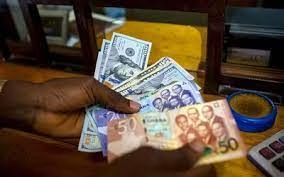Business
Ghana: Think Tank Pushes For Stricter Fiscal Rules, Independent Oversight

- IEA advocates for a more disciplined approach
- The current system lacks a robust analytical framework
- IEA believes Ghana can achieve greater fiscal discipline
The Institute of Economic Affairs (IEA) is advocating for a more disciplined approach to Ghana’s fiscal policy. Their proposals include:
- A 3% GDP Cap on Budget Deficits: This stricter limit aligns with the West African Monetary Zone (WAMZ) ceiling and surpasses the 4% set by ECOWAS. The current 5% cap in Ghana’s Fiscal Responsibility Act (FRA) is deemed insufficient.
- A 60% Debt-to-GDP Ratio Cap: This measure aims to ensure long-term debt sustainability.
- Establishment of an Independent Fiscal Council: This council, appointed by the Public Services Commission and approved by Parliament, would provide independent oversight of government budgeting. Its tasks would include:
- Analyzing government budgets
- Offering independent budget forecasts
- Assessing budgetary risks and outcomes
- Monitoring budget implementation
- Ensuring compliance with fiscal rules
Reasons for Reform:
- History of Fiscal Deficits and IMF Dependence: Dr. John Kwakye, IEA’s Director of Research, emphasizes Ghana’s reliance on IMF bailouts due to recurring fiscal imbalances.
- Need for Stronger Oversight: The current system lacks a robust analytical framework and effective monitoring, allowing for ad-hoc decision-making.
- Combating Inefficiency and Corruption: Dr. Kwakye argues that loose fiscal practices breed inefficiencies and potentially foster corruption.
Inspiration from Successful Examples:
The IEA proposes modeling the Fiscal Council after established institutions like the US Congressional Budget Office and the UK Office for Budget Responsibility.
Benefits of Reform:
The IEA posits that stricter fiscal rules and an independent Fiscal Council would:
- Anchor fiscal policy and promote long-term macroeconomic stability.
- Reduce reliance on IMF bailouts.
- Increase transparency and accountability in government budgeting.
- Mitigate the risks of fiscal irresponsibility.
By implementing these reforms, the IEA believes Ghana can achieve greater fiscal discipline and a more sustainable economic future.






